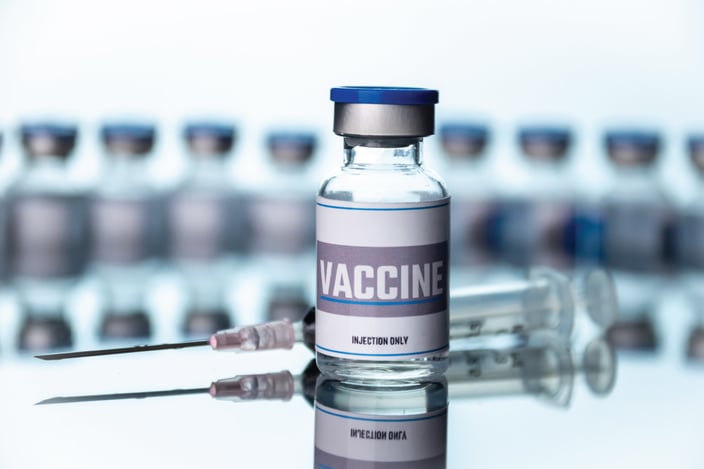In a blow to families affected by dementia, the UK’s health cost watchdog has once again ruled that innovative Alzheimer’s drugs, such as Eli Lilly’s Kisunla (donanemab) and Eisai/Biogen’s Leqembi (lecanemab), are too costly for the NHS to provide. This comes despite these drugs being hailed as the first treatments capable of slowing Alzheimer’s progression by targeting amyloid-beta plaques in the brain. While approved for private use in Britain, the National Institute for Health and Care Excellence (NICE) maintains that their modest benefits don’t outweigh their heavy expense and the extensive medical support required.
These treatments were licensed by the Medicines and Healthcare products Regulatory Agency and praised for delaying cognitive decline by four to seven months. Yet NICE’s assessment focused on cost-effectiveness. For instance, donanemab costs around $32,000 a year in the U.S., and lecanemab is similarly priced between $20,000–$80,000 per patient annually. These figures don’t include the infrastructure costs for intravenous infusions and regular brain scans needed to keep an eye on potentially serious side effects like brain swelling. NICE found that even offering the drug for free wouldn’t pass their threshold, with estimates suggesting that the full package of monitoring and treatment remains “five to six times” beyond the standard limit for taxpayer value.
Experts and charities reacted swiftly. Alzheimer’s Research UK called the decision “deeply disappointing,” warning it risks deepening health inequalities since only those who can afford private care will access these advances. Campaigners pointed out the UK’s ambition to lead in dementia treatment could be undermined by such rejections. Senior academics also highlighted bottlenecks in NHS infrastructure, memory clinics, diagnostic testing, and infusion capacity, which need urgent attention before these therapies can be rolled out safely.
Beyond cost and logistics, the implications are profound. Around 70,000 early-stage patients in England alone might have been eligible. With nearly one million people living with Alzheimer’s in the UK and a strongly rising demand projected, NICE’s position leaves a clear gap between scientific potential and public healthcare delivery. While the drugs are not cures, even modest delays in decline can significantly improve quality of life and reduce the burden on families and caregivers.
Lilly has said it will appeal NICE’s decision, arguing that the evidence supports the drug’s broader value, especially when factoring in reduced care costs. Dr. Samantha Roberts, NICE chief executive, said that while the science is emerging, the costs and infrastructure issues mean the NHS is not yet ready for widespread implementation.
For now, hope that was sparked by breakthroughs in dementia care is being tempered by difficult realities. NHS patients may soon only access these drugs through private clinics or clinical trials, marking a troubling divide in healthcare access and underscoring the urgent need for investment, both in medical innovation and the systems that deliver it.



